Time to Talk
Mental Health Illness
As this year’s “Time to Talk” Campaign highlights; 1 in 4 people this year will suffer a mental health problem.
They may be short term or life changing to the person it affects, as well as their family and close friends. Mental health is often stigmatised and can be classed by some people – who do not fully understand the problem at hand – as being weak or broken and can be frowned upon by friends and family.
The person who is having troubles with their mental health may not talk/speak out, saying they are fine or okay and not to worry, thus making the problem bigger and then affecting their recovery, along with recurrence in future.
A mental health problem does not affect one type of person, gender, age, religion, ethnicity, social group. It does not discriminate about who it chooses to affect and is often referred to as the “Black dog” for persons who suffer with clinical depression. Please take the time to watch the linked 5-minute video, as it describes very well what it is like for a person with depression, which may affect up to 1 in 6 people UK per week. (www.mind.org.uk). This also includes anxiety which often is linked to depression.
There are also many triggers which may start a mental health illness, these may include, life, work and social pressures of every day living. The sufferer may not be able to decipher what the trigger is without talking to someone, who can clearly see the issue at hand. This is why you need to talk.
Often bereavement and feeling over whelmed with a new baby can be spotted very easily and be brushed under the carpet as being the norm. However, if this is not the case they will require someone to speak to, possibly a close friend to assist them in this time of need.
Other triggers may involve chemical imbalances in the body (reduced serotonin levels, low Vitamin D in the body) as well as genetic tendencies, these will require expert trained medical attention.
Most Common Mental Health Illnesses
There are many types with varying clinical/medical names. Some of these will only require self help and groups, others may require more in-depth help and medical intervention/treatment. There may be several types which link together – anxiety is often present with depression, OCD can be linked with anxiety, phobias and depression.
Below are the most common mental health illnesses;
- Anxiety and panic attacks – This may have many triggers some known to the person suffering or not. It is the body’s way of protecting itself against perceived dangers.
- Depression – This may have a trigger or can be biological.
- Stress – This can be work or life related.
- Sleep problems – This can be related to other mental health problems.
- Loneliness – The person may have a very good social circle and supportive family, but they still feel lonely and unable to connect with their social group.
- Low Self-esteem and low confidence – This may be triggered by or occur in combination with another mental health problem.
- Drug and recreational drug use – Alcohol, illegal drugs usage – this can lead to aggression and paranoia.
- OCD – Obsessive Compulsive Disorder – This can be linked to phobias as well as depression and anxiety traits.
- Eating Disorders – Not eating, binge eating, vomiting after eating.
- Phobias – Heights, flying, spider, wasps, bees, dogs, cats, going outside, germs, confrontations; this could be anything personal to the person suffering and may have an underlying cause which has not been spoken about.
- Postnatal depression and perinatal mental health – This does not just affect the new mother but can also affect the new father too.
- PTSD – Post Traumatic Stress Disorder – This is not just war veteran exclusive, any severely traumatic event has the capacity to trigger PTSD.
- Schizophrenia and hearing voices – Professional help is required to diagnose and support.
- Psychosis and mania – Professional help is required to diagnose and support.
- Self-harming, suicidal feelings and suicide – Please seek help if you are suffering from any of these.
- Seasonal Affective Disorder – Often suffers are living in areas of the world which have long or dark winters with very little sunlight.
(www.mind.org.uk)
This list is not exhaustive, and no one type of mental health illness is exclusive, but can be made up of several different mental health problems. Therefore, it is important to talk and seek help and advice as soon as possible.
Please, do not feel silly about it when talking to your confidant. If they are professional, they should understand that it is important to you and is a big deal. They will also understand how much it has taken for you to ask for help and will be patient, even if it takes weeks for you to talk and confide in them. Just think little and often, but most of all do not be ashamed or think about what others may feel or think about you. If they care they will be there for you.
Effects Within the Workplace
As previously mentioned, 1 in 4 of us, could suffer some sort of mental illness this year. So, take a minute and look around your office, workplace or coffee shop; do you think you could spot the effects within the workplace, or those impacted?
In all honesty, probably not. Most mental illness can not be spotted easily and only comes to light when they are talked about by the person it is affecting.
- Total working days lost in UK in 2016/2017 related to ill health and non -fatal workplace injuries = 2 million days
- 7 million days were due to work related ill health alone.
- Stress, anxiety and depression account for 5 million days lost at work in the UK. This is nearly 50 %.
- The average time away on sick leave from the workplace is 8 days.
(hse.gov.uk)
These are quite large numbers and should not be ignored. There are many reasons why this happens, and employers should consider that the mental well being of their staff is just as important as looking after their safety and avoiding accidents.
Mental health in the workplace can affect the employee which in turn can affect their work, concentration or ability to concentrate. This can lead to them becoming very easily distracted, impact communication skills or their ability to support others in their team.
The worst that could happen is a workplace injury to themselves or others around them which leads to a loss of life or life changing injury, not only to the person involved in the accident but also the person with a mental health issue. Suffice to say, this in turn will inevitably lead to more stress being brought into the workplace and reduced morale.
Always make sure your colleagues know you are willing to listen when they want to talk, no matter how silly it may sound to you. Just listening without passing judgement, could alter the workplace and its safety.
Listen to any concerns which may have come to your attention and take action affectively. Always ensure the person it is affecting is happy with your suggestions. Having an “open-door” policy works for many health and safety offices, so adopt the same idea with regards to mental health and encourage employees to talk.
Effects on Family and Friends
Mental health problems don’t affect one person in the family or social circle but will have a ripple effect on the people who care and interact with the person suffering. Effects on family and friends are often inevitable.
The worst thing a person or family member can do is to tell the person suffering with a mental problem is “to get over it” or “be grateful for what you do have” or things like this. The problem is very real to the person with the problem. There is a very good saying “a problem shared is a problem halved”. But this will only work if the person with the problem will talk and confide in you.
You must also appreciate this is very hard for them and they will be feeling a lot of emotions and conflicts. So, let them take their time and encourage them to talk to someone, even if it is not you.
If they do confide in you, the most important thing to do is listen, not judge and let them know you are there for them, when they need you. Do not pressure them to talk as you will not assist them, but they will back away and become more reclusive. Be sympathetic and encouraging.
There are many groups which help carers and supporters of people with mental health issues can access, this may be your GP or medical support team, charities such as MIND and Samaritans. They can advise, and sign post you to the most effective support for you and your friend or family member.
Never feel insulted if they will speak to someone else over you, just be happy they are talking and seeking help and assistance, just make sure they know you are there for them.
Top Tips to Help Yourself and Encourage Others
Some top tips to help yourself and encourage others include:
1 – Talk about your feelings – Although at first it may be hard and it feels you require superhuman strength along with feeling many different emotions including uncertainty. Talk to someone who you trust and feel comfortable with.
2 – Keep Active – Fresh air and exercise help to lighten the mood. Exercise releases endorphins, which are happy hormones and mood enhancers. It also keeps the body fit and healthy. A gentle walk at lunch away from the workplace can do wonders.
3 – Eat Well – Eating well provides the body with the nutrients it requires to function well. Also, if you eat well you also will enjoy meal times which can lead to more social events and interactions with others.
4 – Drink sensibly – Alcohol is a depressant. So, when you drink it, your body responses slow down. This not only affects your mind and your thinking, but also your body functions. Just enough can make you feel sociable; too much and you’ll have a hangover the next day and may not even remember what you got up to; and way too much alcohol in a single session could put you in a coma or even kill you.
Additionally, if on prescribed medication for mental health issues, please be aware of any side affects which may happen or be exaggerated when you drink alcohol. It may not take much.
5 – ASK for help – There is no shame in asking for help. Many hands make light work, plus you will have someone supporting you through a difficult or stressful time in your life.
6 – Take a break – This may be a walk on your lunch break at work or could be a night or weekend away. A change is as good as a rest. A break may also include just changing a task you are completing in the home or workplace to something different.
7 – Keep in touch – It may be the last thing you want or feel like doing, as you may find it draining on your mental and physical energy but keeping in touch – even if it is a text which says “hello” to a friend – will help you feel valued as part of family or friends’ lives. It also lets them know you are okay and can act as an icebreaker if you need to talk.
8 – Do something you are good at – Focus on the good things and what makes you happy. This could be a hobby such as a walking club, volunteering at an animal rescue centre, mentoring someone in the workplace or writing a blog.
9 – Accept who you are – No one is perfect. We are all bespoke individuals, all with our own set of needs and wants. This is what makes us who we are. We all have strengths and weaknesses, we just need to be confident in ourselves and not feel the pressure to change to meet societies and social media’s often unobtainable goals and stereotypes. Focus on what makes you and your loved ones happy and appreciated.
10 – Care for others – This may not just be your family and friends, but also others not too close to you. You do not know what they are going through. This also stretches to animals, which can sometimes be the best comforters and assistants with mental health recovery and management.
Let’s Make Time to Talk
I myself, have suffered with mental illness in the past and I am under no illusion it may rear it dark head again in the future.
In the past it has included, stress (workplace and family life), anxiety and depression. Personally, I can say once I have been able to talk about it, the pressure has been released and I am able to work on my recovery and manage any future issues with support from professionals, family and friends. It feels like a continuous battle, but I now have a structured support system, which is made up of family, friends and animals.
Each of these, all have a very important part to play in managing my depression and my anxiety. But the one thing that my support structure holds firmly on, is they understand me and will allow me to talk to them without them passing judgement.
They know a good day from a bad day, and do not push me to talk on a bad day. From the outside I appear to be a confident, strong professional person, but some days it is a battle and can be lonely. The more I learn about myself and I feel able to talk about how I feel, the easier it gets. So please, don’t be afraid of who you are. You are special and special to those close to you.
So, next time you feel down, think of this; it is good to talk, so let’s make “Time to Talk“.
Gill Phillips
NVQ Assessor, SHEilds Ltd
More information and useful sites.
https://www.nhs.uk/conditions/stress-anxiety-depression/mental-health-helplines/
Also look at your local mental health team website, they offer referrals and self-referral programmes along with plenty of advice on the sites to assist you before you attend an appointment and what to expect. This is not just advice which is for the patient but also their supporting network.
https://www.time-to-change.org.uk/get-involved/time-talk-day-2018
Additionally, many more which are specific to each individual mental health problem, the internet is a wealth or information and sources of contact/signposting, where you can gain valuable help, advice, support and people to talk to who can understand a very scary and confusing time in your life.

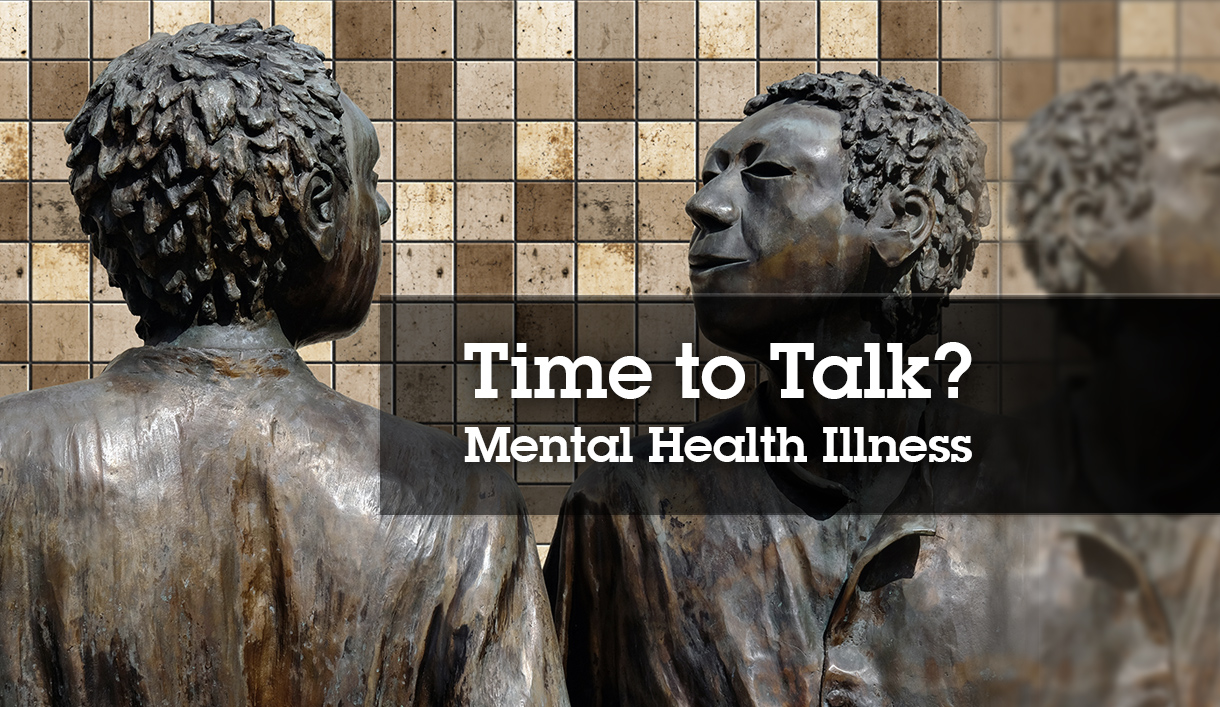

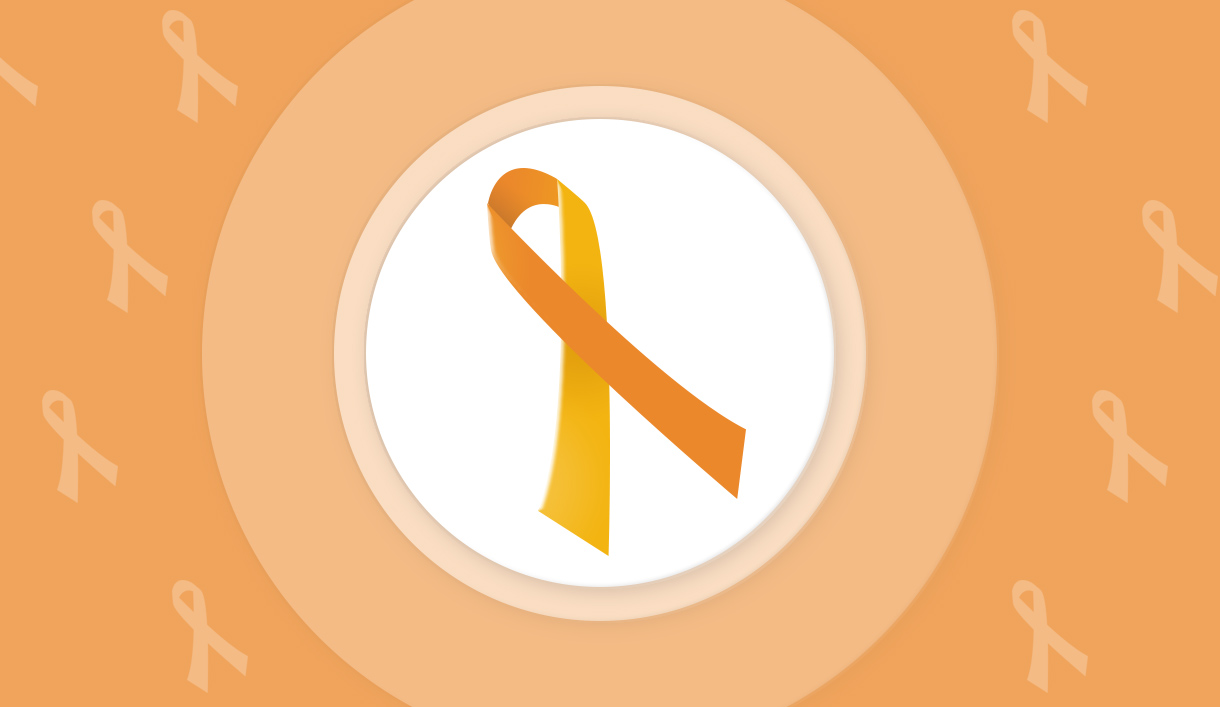
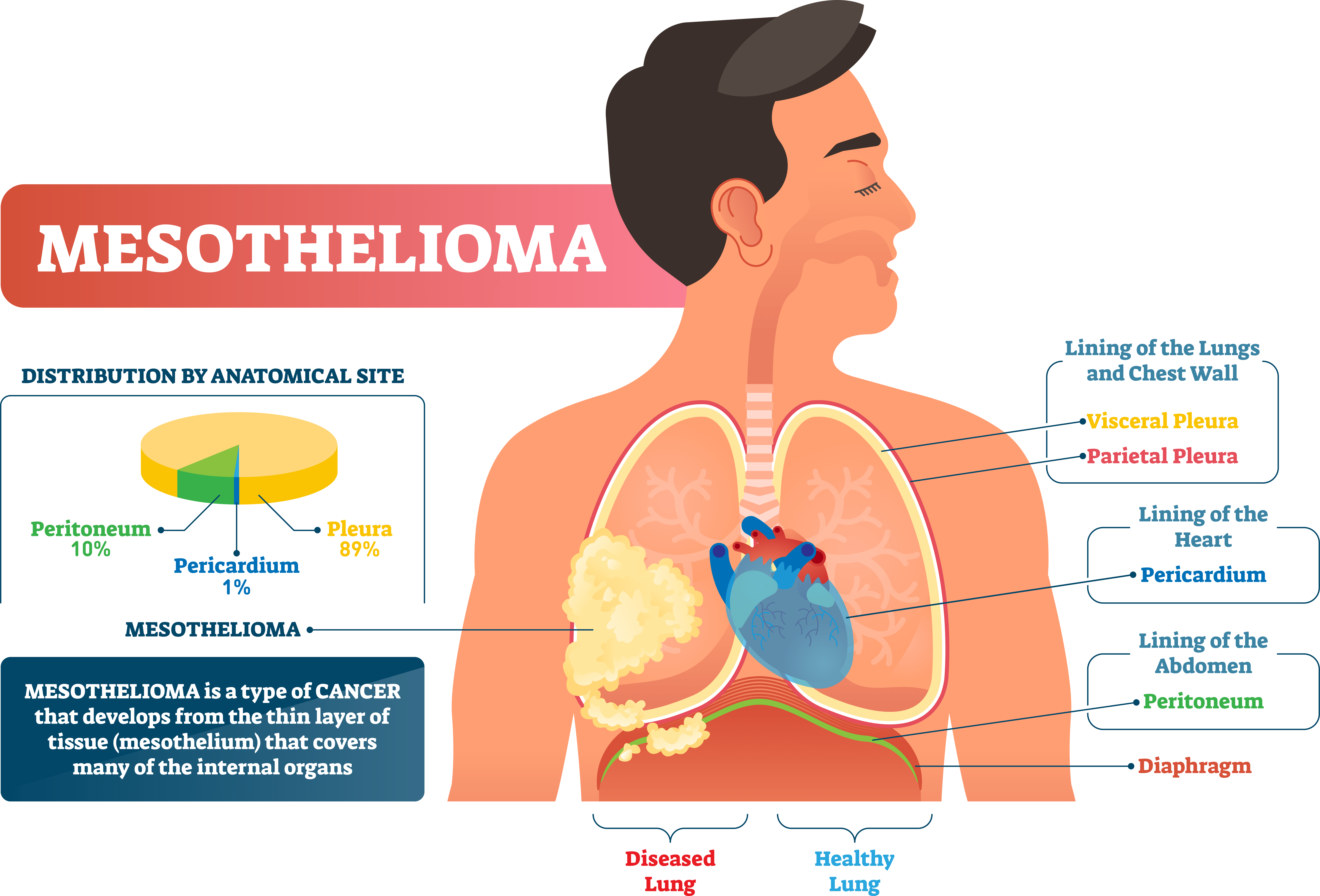
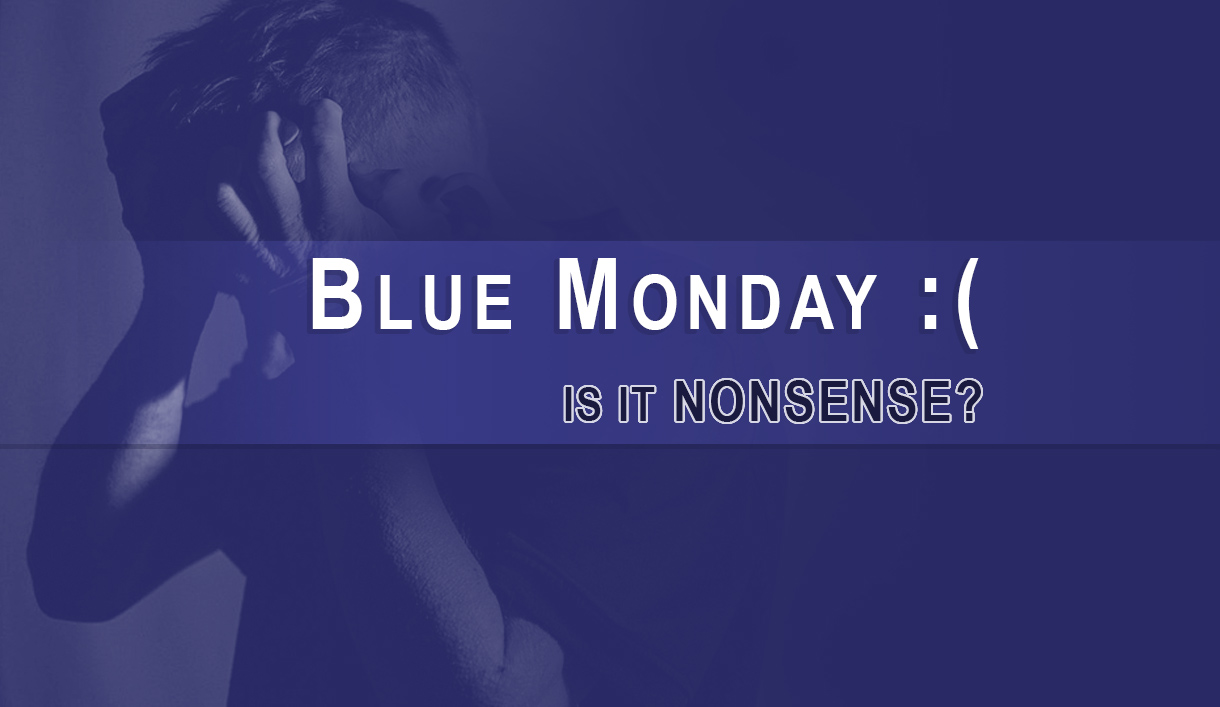
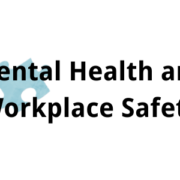
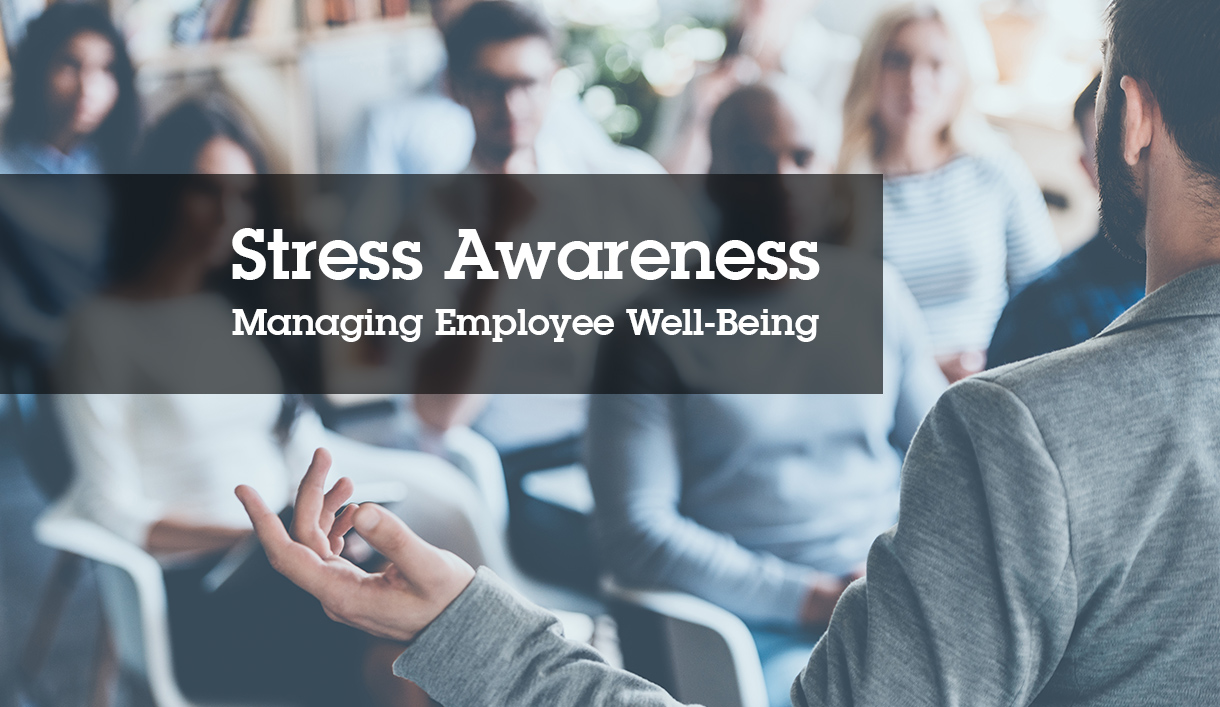

Leave a Reply
Want to join the discussion?Feel free to contribute!